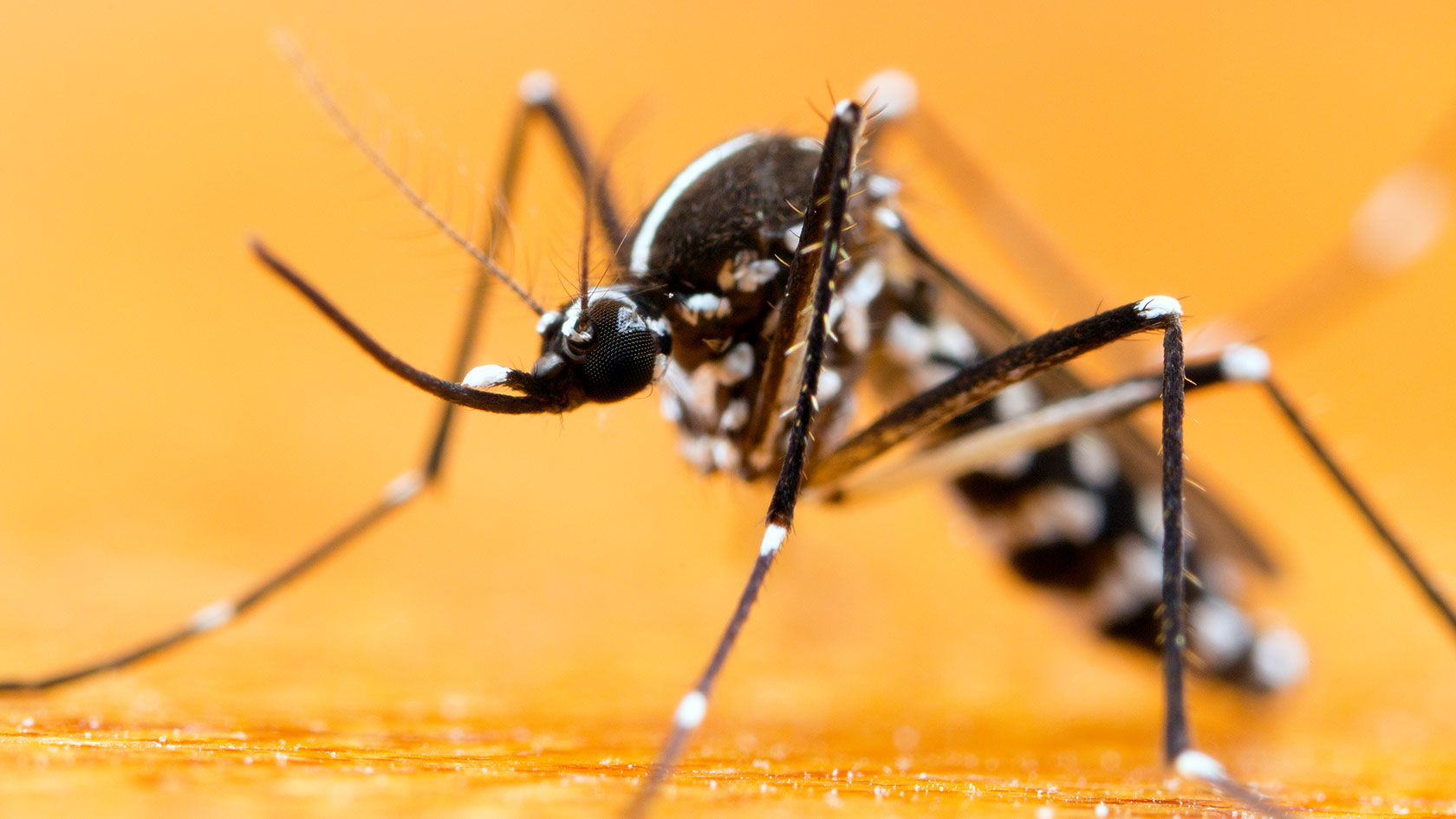UZH the First European University to Establish One Health Institute

The health of humans is inextricably linked to that of animals and the environment. The growing global population means humans are more and more encroaching on animals’ habitats, which increases the risk of pathogens jumping from animals to humans. HIV, SARS and most recently Covid-19 have shown how drastic the societal impact of zoonotic diseases can be. To effectively tackle zoonoses, as well as the problem of antibiotic resistance and many other health risks, interdisciplinary cooperation is required.
Ideal setting
The term One Health refers to a research approach that integrates a range of disciplinary viewpoints to understand the links between human, animal and environmental health. At the UZH Vetsuisse Faculty, One Health has been a research focus since 2018. In 2019, it was identified as one of the university’s strategic principles. “As the largest comprehensive university in Switzerland with outstanding faculties of medicine, veterinary medicine and science, UZH is virtually predestined for successful interdisciplinary collaboration as envisioned in the One Health concept,” says Elisabeth Stark, Vice President Research at UZH.
Ongoing interdisciplinary cooperation
But how exactly can interdisciplinary, cross-faculty collaboration be organized in order to make the most of these synergies? By establishing a One Health Institute, UZH has opted for a particularly unifying solution: the new institute will simultaneously be part of the Vetsuisse Faculty, the Faculty of Medicine and the Faculty of Science, providing the strategic, structural and operational basis for a cross-faculty program with local, national and international visibility. “An inter-faculty institute is recognized as an organizational unit in UZH’s strategy and planning processes and is therefore more permanent than, for example, a center of competence or research network,” says Elisabeth Stark, explaining the decision. “By establishing an institute, we are giving the interdisciplinary One Health approach a solid long-term foundation at UZH and creating the conditions for it to have the greatest possible impact on society.”
David Werner